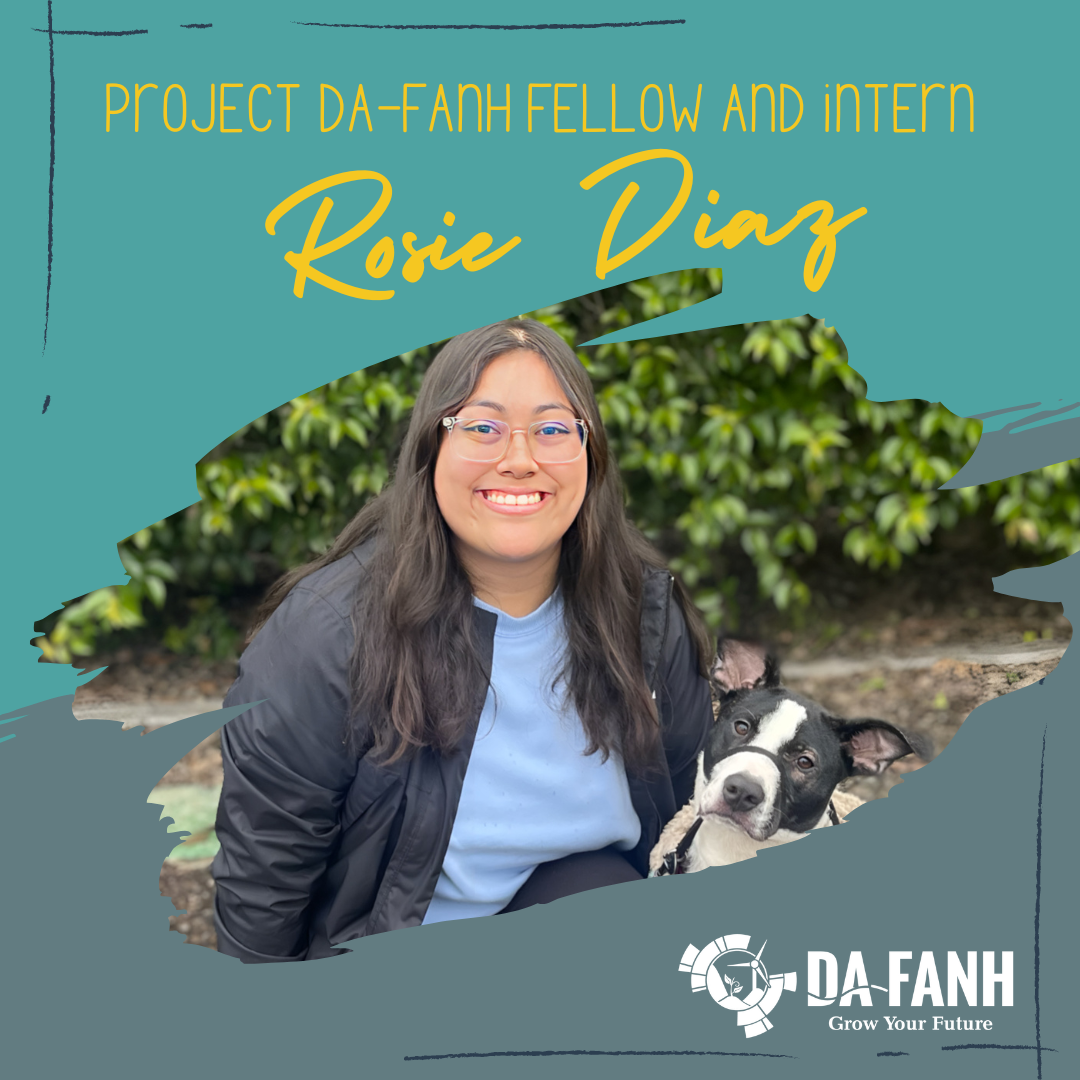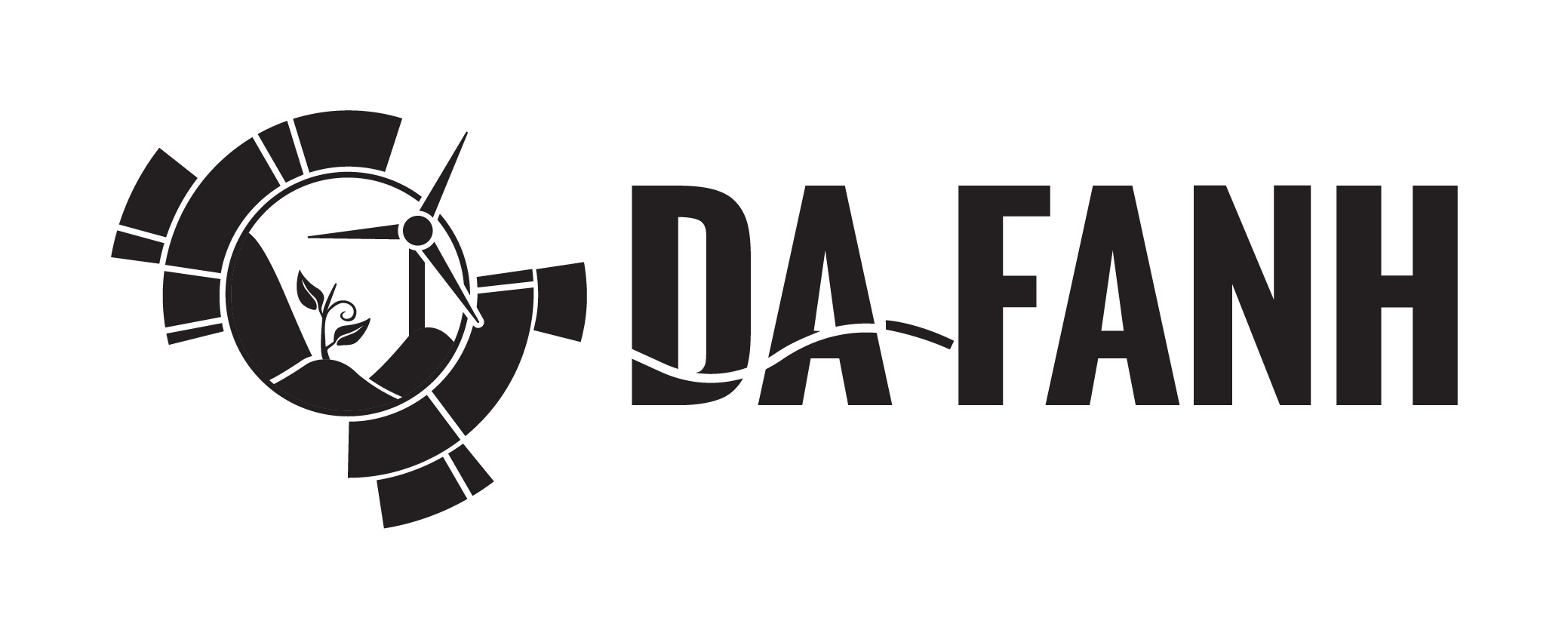Selected Fellow

Chico State Agricultural Business Student, Rosie Diaz, was selected for the Project DA-FANH Multi-Year Fellowship Opportunity. She started at Chico State in the Fall of 2023 after transferring from a community college in her hometown. Before coming to Chico State, Rosie Rosie had an interest in being able to use data to improve her field of Ag Business but did not really know what it was all about. With no prior background in data science or experience with tools like R, she embarked on a journey of learning and growth, embracing new skills and overcoming challenges.
Receiving this fellowship gave Rosie the financial support she needed to succeed as a new transfer student. The financial aid it provided covered her tuition, significantly alleviating the burden of self-financing her education. This financial relief also enabled her to focus more on her studies without worrying about the costs associated with attending college. The fellowship provided her with a new laptop, which has been an amazing tool for Rosie throughout her studies.
Financial assistance is not the only support Rosie has received through the fellowship. The guidance and mentorship that Rosie received from the DA-FANH team was invaluable to her experience and success as a Chico State student. Having Robin Donatello, Project Director for Project DA-FANH and statistics professor at Chico State, as a mentor to help guide her through the college experience as a new transfer student and learn how to be at a 4-year university has been of immense value to Rosie.
Currently, Rosie is in the process of onboarding and training for a new internship with the USDA. Rosie shared that she owes her ability to secure this internship to the support she received from her Project DA-FANH mentors and connections within the USDA she made through her involvement with Project DA-FANH. Her connection at the USDA helped her personally through the internship hiring process, including teaching her how to make a federal resume to submit along with the application, and virtually introducing her to a USDA HR staff to help make more connections at the organization. Rosie also attributes skills she gained through working as a Project Assistant for Project DA-FANH to her success in obtaining this internship. Prior to her interview for her internship, she assisted in the interview process for the Fall 2023 cohort of Project DA-FANH interns. Being on the other side of the interview for the first time helped Rosie improve her interview skills to become a better interviewer.
Her responsibilities at this new internship include assisting with paperwork for farm loans, handling data entry, providing support at the front desk, and attending to calls from farmers seeking assistance. Working in the farm service agency, she finds fulfillment in serving her community and contributing to the agricultural sector. Rosie is incredibly excited to continue developing her skills and professional network through this new experience.
Want to connect with Rosie or check up on how she is doing now? Connect with Rosie at her LinkedIn page
Purpose of Fellowship
This project aims to support undergraduate students from traditionally underrepresented communities who are interested in enhancing the nation’s food, agriculture, natural resources and human (FANH) sciences professional and scientific work force by enriching education at the intersection of Data Analytics and the FANH domains through professional experiential learning and curriculum development.
This project will provide undergraduate current students additional training and experience with Data Science and Analytical tools and processes, and opportunities to work with FANH career professionals on tangible FANH projects. Most importantly, Project DA-FANH will cultivate these skills in an ethically, reproducibly, and professional manner, ultimately preparing CSU students for careers at the intersection between Data Science/Analytics and the FANH fields.
The purpose of this Fellowship is to help facilitate the pursuit of a students’ educational goals by providing multi-year support, in the form of financial assistance, research and professional experience along with academic mentoring and graduate school application support.
The funding for this fellowship comes from a grant provided by the National Institute of Food and Agriculture, United States Department of Agriculture specifically to bolster quality education at HSI’s.
Award Amount
A single student will receive up to $10k in tuition assistance, up to $10k in research stipends & equipment, fully supported travel to professional conferences, and graduate school application assistance.
Further Details on Citizenship requirement
For purposes of applicant citizenship, USDA-NIFA follows the U.S. Customs and Immigration Service (USCIS) definitions, unless otherwise stated in the RFA. U.S. citizens are individuals born in the United States, Puerto Rico, Guam, Northern Mariana Islands, and U.S. Virgin Islands, (persons born in American Samoa, or Swains Island are generally considered nationals of the United States);foreign-born children, under age 18, residing in the United States with their birth or adoptive parents, at least one of whom is a U.S. citizen by birth or naturalization; and individuals granted citizenship status by USCIS. The term “national of the United States” means a person who, though not a citizen of the United States, owes permanent allegiance to the United States (for example, persons born in American Samoa or Swains Island).
—>
